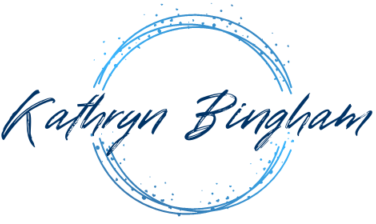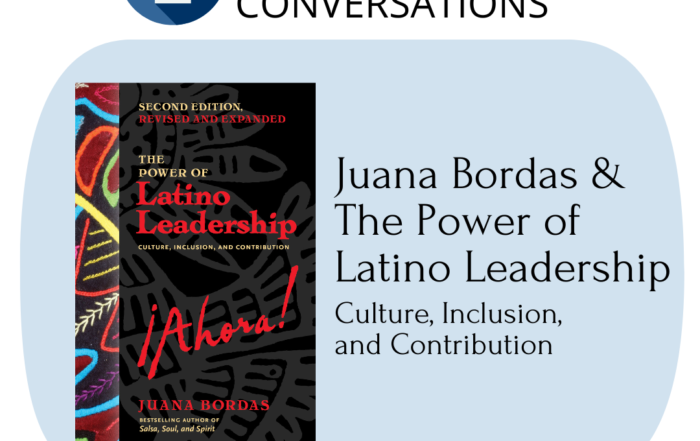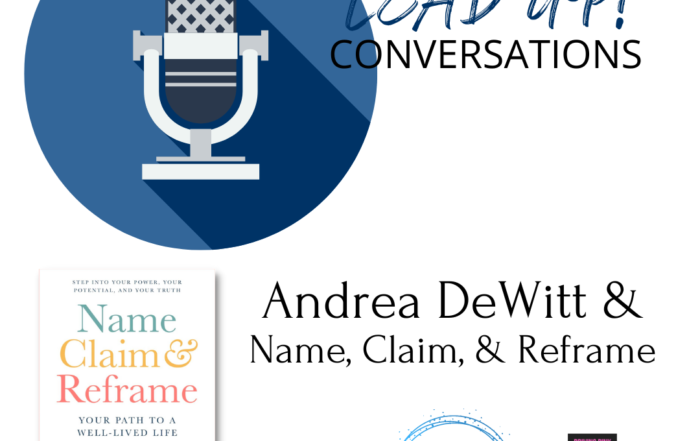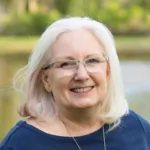Real Women, Real Questions 3
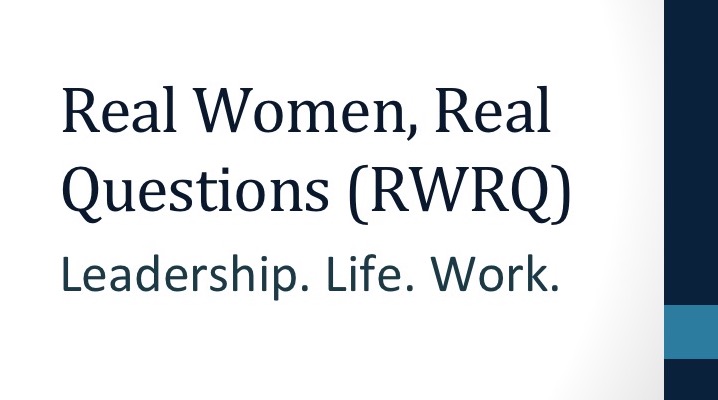
This post includes surprising insights from research on leadership development and my response to WID Leadership Summit participant questions about “finding the job I love,” pursuing “what I really want,” and facilitating a transition from corporate to “community benefit.” You may want to reflect on the interesting connections between the two, and any implications for your career or “what’s next.”
The primary focus of my research examines transformative leadership development—development that enables significant change and expands the capacity of the leader. Some studies concentrated on leadership development through executive programs, specifically Executive MBAs, because this population includes men and women from multiple disciplines, who possessed a certain level of career experience. Participants included graduates of multiple cohorts of EMBA programs, from both public and private universities. Quant and qual data provide detail of pre-program motivations, expectations, and selection processes; program experiences of technical (finance, marketing, strategy, etc.) and developmental learning; and post program outcomes.
Women and men share similar motivations and expectations for seeking out an MBA. Each hope to increase their knowledge and business acumen, gain access to roles—especially leadership positions at higher levels of the organization, and create a competitive advantage for promotion. Both men and women valued the technical learning, and equally reported experiences of adapting to the pace and challenge of the program, pressures of integrating program requirements into existing work-life obligations, and liking/disliking or finding easy/difficult given courses.
The genders began to diverge when describing the impact of leadership development and self-discovery components of their programs. When leaders reported on transformative experiences, these aligned with what I call “I See YOU, I See ME.”™
Across all the studies to date, I See YOU is solely male, and transformative experiences are framed in terms of new perceptions of others. As an example, a typical quote from a male participant included, “Before, I didn’t think about making sure I was learning, reading, tak[ing] a step back; I was focused more on execution verses true leadership and what decisions would mean to the team.”
In contrast, I See ME is predominantly—almost exclusively—female, and framed in terms of new perceptions of self. In one study, the prevalence of I See Me occurred at four times the rate of males’ I See YOU. Characteristic epiphany-type statements include discovering
- What I want, or what I really want,
- What makes me happy,
- Who I am and what’s important to me,
- I have my own strengths, and a
- Broader view of the possible.
Culturally, women are frequently socialized from childhood to think and act for communal benefit. In work environments, being able to gain consensus and work collaboratively play to our strengths. What research is surfacing, however, is that women who pause to deeply reflect gain important insights regarding what work is meaningful, the potential for direction change, and critical elements that drive career and life satisfaction.
So let’s look more specifically at the questions submitted. Participants enquired about “finding the job I love,” “how do I pursue what I really want as a career,” and, “how to take a corporate career and transition to community benefit.” Sound familiar?
Women (and men) who seek this type of change may progress through four phases of contemplation and action:
- Choosing a destination – “I want something more, something different, and need greater clarity on what that “ideal destination” looks like for me.”
- Gearing up – “I have a destination in mind, and need to explore my options for making a transition of this kind.”
- Creating the map – “I’m ready to make my change, so I need a clear roadmap so I can begin the process.” This one’s about having an effective, executable plan.
- Staying on track – “I’m on my way and want to build accountability so I exceed even my own expectations of my journey.”
Depending on the significance of the change, these “what’s next” explorations and journeys can be totally self driven, or involve support from mentors, coaches, HR professionals, higher education counselors, and others. Various forms of coaching—e.g., appreciative inquiry, leadership, stakeholder centered—offer benefit at each phase.
Appreciative Inquiry allows individuals and groups to frame an issue to explore, from something simple to large scale institutional or community change. Some problem framing and solution models begin with “what’s wrong” and what we want “less” of. In contrast, Appreciative Inquiry asks, “what’s right” and what we seek “more” of. When contemplating a different role, Appreciative Inquiry helps leaders and professionals to consider the elements that make up an ideal—what do meaningful outcomes look and feel like, who do we work with, what environment do we seek, and what’s our contribution? Appreciative Inquiry also helps design the journey and how we’ll experience success.
Leadership coaching considers leadership effectiveness and addresses an individual’s leadership capacity. How effectively do we incorporate successively larger systems-thinking into our framing, evaluation, and decision-making? Do we separate technical versus adaptive work, and enable others to succeed in embracing change in VUCA environments? Traditional leadership development in organizations often focuses on the horizontal by expanding the body of knowledge, using “if, then” analysis, and “checklists.” Transformational leadership development considers vertical development, and how a leader might “level up” to expand leadership capacity.
Stakeholder Centered Coaching engages key constituents—leaders, peers, reports, customers, etc.—in understanding how a leader or professional is perceived. These participants are tapped for feed forward, specific ideas or actions a leader or professional can incorporate into behaviors and thinking. When done well, perceptions are measured at the beginning and after some progress towards goals have been made.
What’s next journeys can be powerful and rewarding.
In my last RWRQ post, I asked women interested in exploring a “what’s next” to email me. If you want to identify or design a next career role or life phase, please complete this short survey. Your responses will help shape a course I’ll be piloting, and put you on the info list.
Thank you for visiting Dr. Kathryn Bingham’s blog! We invite your discussion at LEADistics’ community page. Fans and honest critics are welcomed! Please see our Comments Policy and reuse Permissions on the FAQ page. All posts are covered by copyright law, with all rights reserved.
Social Share
Recent Posts
LeadUP! Juana Bordas
This LeadUP! Conversation features Dr. Juana Bordas, president of Mestiza Leadership International and author of newly updated The Power of Latino Leadership (listen or watch here). Bordas shares how her immigrant experience shaped her leadership. [...]
Power of the Pivot
The idea seems simple. When something isn’t working, just change. Shift. Adapt. But our brain sabotages the effort. We’re convinced that if we just do better or try harder with our current path or process, [...]
LeadUP! Andrea DeWitt
In this LeadUP! episode, Dr. Kathryn Bingham and author Andrea DeWitt talk about her new book, Name, Claim & Reframe and how individuals can step into their power, their potential, and their truth. Both the [...]
